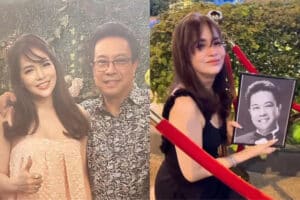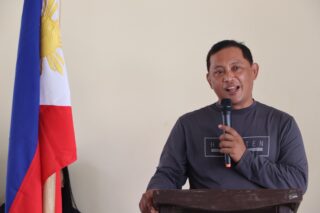The Inquirer’s Dec. 13 editorial ended with these words: “Impoverished indeed is a nation that does not remember, and does not ensure that its future generations will be more than just a blank slate.”
The editorial advocated the writing of the stories of World War II veterans and passing them on to future generations. Indeed, these stories offer many lessons for us. But it looks like we are not good at remembering events that merit being called history. There are past events that are not recorded as part of history but these might even be the events to remember. The title of the editorial, “A terrible forgetting,” precisely points to, unfortunately, one of our national defects: We do not remember events that are worth remembering because they are historical.
I think that as a people, we need to have a historical sense. This sense might entail the habit of recording things, keeping documents, putting order into them, and later on studying them, writing about them and passing them on. The mental faculties and memories of the veterans are by now not reliable. What will be of value is whatever was written, recorded, photographed or narrated at the time the events happened or soon after. Where can we find these documents?
My attention was once caught when I was reading a book about the history of the Filipino-American war at the beginning of the 20th century, written by Samuel K. Tan. The author tried to write the history of this war from the point of view of the Filipinos. And yet, when it came to describing the actions and movements of the Americans, there were many documents presented to show the planning, movement of troops, the casualties on the American side, etc. One could make an accurate picture of what happened to them. But documents that tell the side of the Filipinos are sorely lacking. It seems the Filipinos who fought in that war hardly kept such records.
Yes, we have to remember history. But first, we must keep records and documents that tell of historical events. Then we should remember them, study them, write about them so we can pass on history to future generations. Without history, as the editorial said, we will just be a blank slate.
—FR. CECILIO L. MAGSINO,cesmagsino@gmail.com




